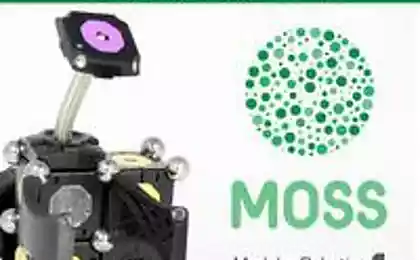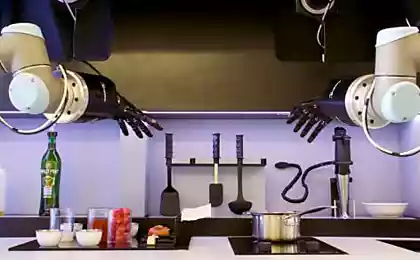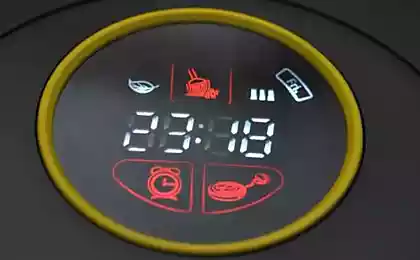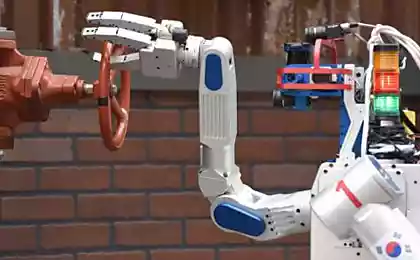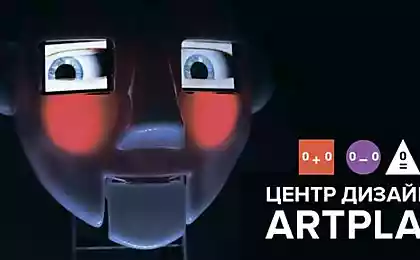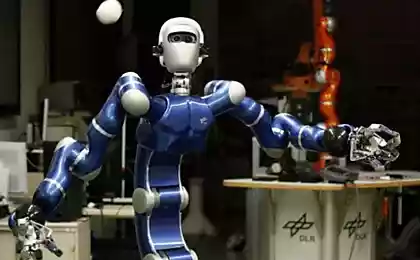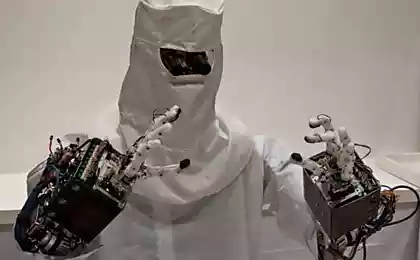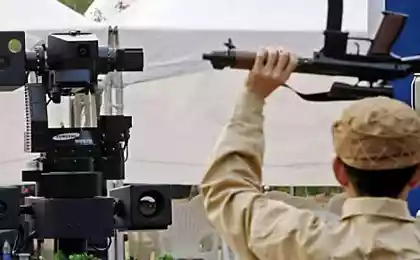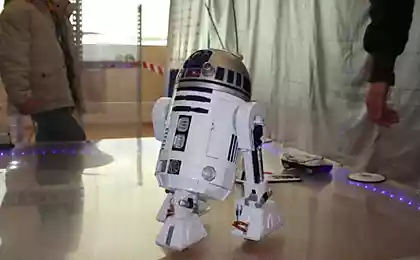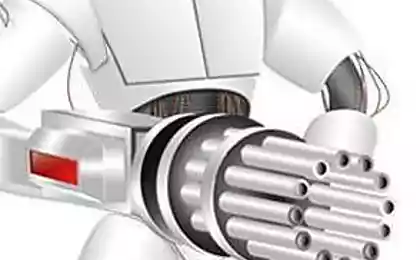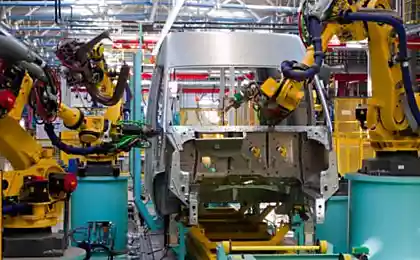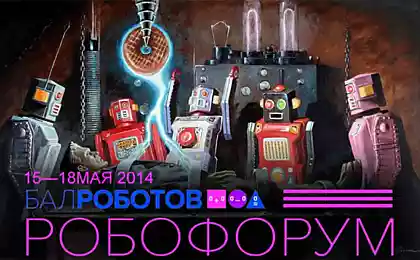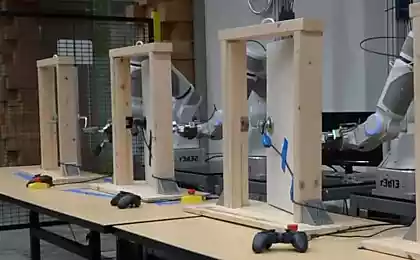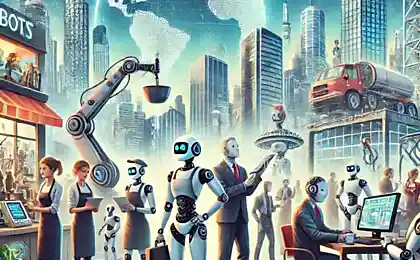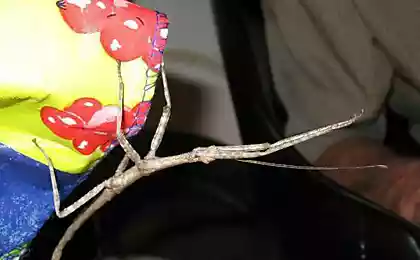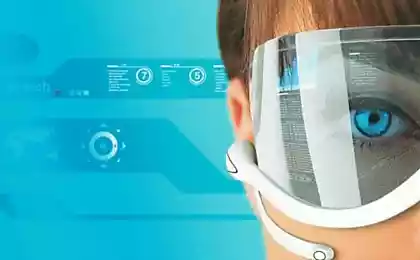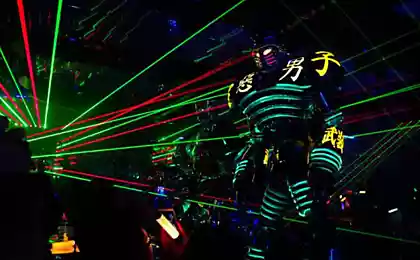891
HECTOR: robot living stick from the University of Bielefeld
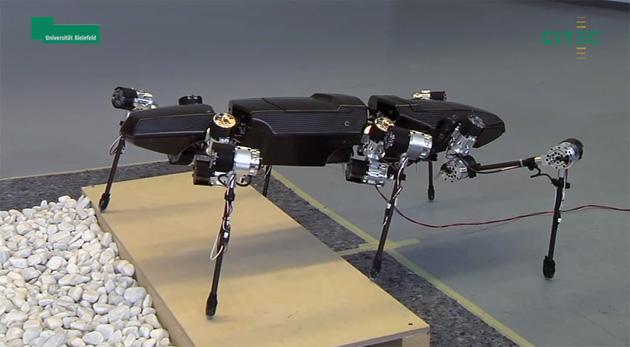
Insects - one of the most adapted to life on Earth organisms. A huge number of species of insects, and most simply thrive not only in their native habitat, but also in other regions. Insects feature, so to speak, and reliable mechanism of movement. It is particularly distinguished ants, and perhaps stick insects.
That stick insects took as a basis scientists from the University of Bielefeld (Bielefeld), creating the robot. The robot, as befits an insect - 6 feet, each of which moves independently, with the robot adapts to a variety of types of surfaces on which moves.
robot does not move very quickly, as well as the living stick - but in many cases the speed is not required, but the reliability of the movement put at the forefront. Due to the peculiarities of movement of the robot is able to avoid obstacles Hector through which he just crosses (in the case of small objects).
The robot is equipped with two cameras and, as well as a number of sensors that help the device is the right way and to assess the current situation. By 2017, scientists plan to create a much more perfect model. In general, the development team proposes to consider this way of movement as the basis for extraterrestrial rovers, cargo transport and other robots that will work on other planets.
Source: geektimes.ru/post/243325/
Home Alarm Systems «Canary» finally gone on sale
The European Union is helping to create energy-efficient software
